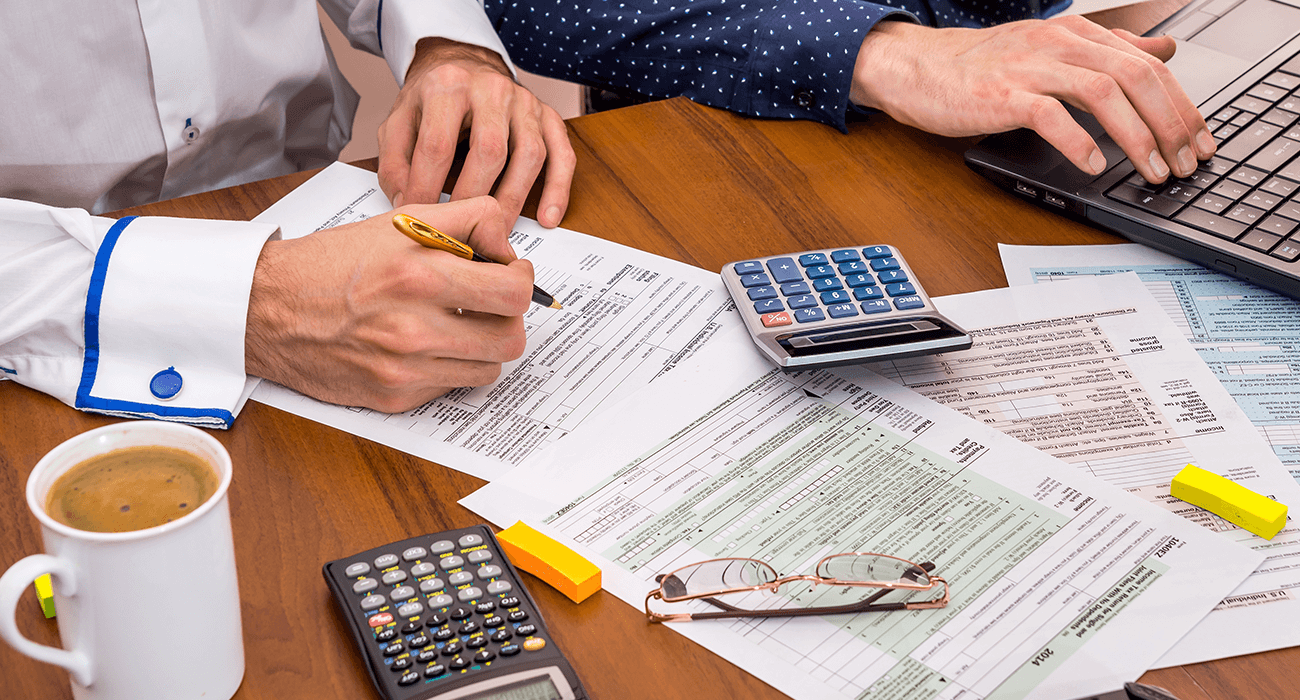One interesting aspect of leasing is that it is in effect an insurance policy for automobiles. The majority of the people in the United States trade-in or sell their automobile sometime before the end of its useful life. This is especially true of business use vehicles, although the following analysis applies to any vehicle. When calculating the total cost of ownership of a vehicle, the resale value is an important factor. When you purchase a vehicle, while you can make an educated guess, you do not know this value in advance. However, with a closed-end lease, you know exactly what this value is. Read more.

Leasing as a Hedging Strategy
Introduction
Keep Vehicle - Value is Greater than Residual
In this scenario, at the end of the 4-year evaluation period, you want to keep the vehicle. So, if you had purchased the vehicle, you do nothing, and if you leased the vehicle, you will purchase the vehicle at the end of the lease period for the residual value. Read more.
Keep Vehicle - Value is Equal to the Residual
In this scenario, at the end of the 4-year evaluation period, you want to keep the vehicle. So, if you had purchased the vehicle, you do nothing, and if you leased the vehicle, you will purchase the vehicle at the end of the lease period for the residual value. Read more.
Keep Vehicle - Value is less than the Residual
In this scenario, at the end of the 4-year evaluation period, you want to keep the vehicle. So, if you had purchased the vehicle, you do nothing, and if you leased the vehicle, you will purchase the vehicle at the end of the lease period for the residual value. Read more.
Sell Vehicle - Value is Greater than the Residual
In this scenario, at the end of the 4-year evaluation period, you do not want to keep the vehicle. So, if you had purchased the vehicle you will will need to sell it, and if you leased the vehicle you will just turn it in at the end of the lease. Read more.
Sell Vehicle - Value is Equal to the Residual
In this scenario, at the end of the 4-year evaluation period, you do not want to keep the vehicle. So, if you had purchased the vehicle you will will need to sell it, and if you leased the vehicle you will just turn it in at the end of the lease. Read more.
Sell Vehicle - Value is less than the Residual
In this scenario, at the end of the 4-year evaluation period, you do not want to keep the vehicle. So, if you had purchased the vehicle you will will need to sell it, and if you leased the vehicle you will just turn it in at the end of the lease. Read more.
Conclusion
Whenever you are performing a lease vs. buy analysis, make sure that you take this information into account. Even if leasing comes out a little behind, the hedging factor may make it worthwhile to lease anyway. You could look at it like an insurance policy. Read more.
